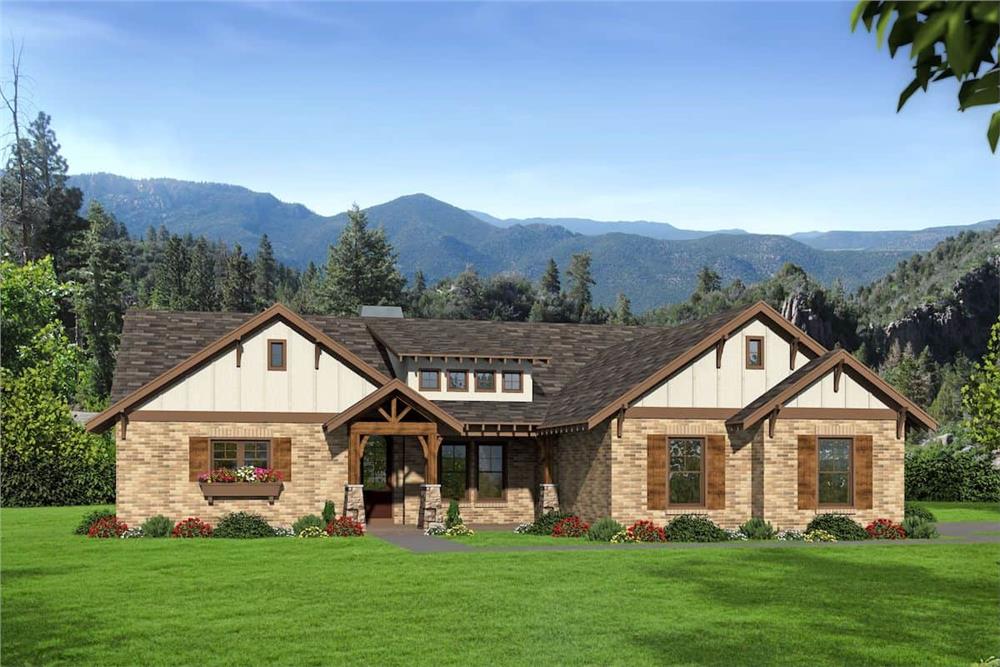A concrete slab in Melbourne is a thick layer of concrete poured directly onto the ground. The ground must be levelled and compacted before the slab gets poured. Once the concrete has dried, it forms a solid surface that builders use as a foundation for a house or other structure. There are significant advantages and disadvantages to buying a home on a concrete slab.

Table of Contents
What is Buying a House on Concrete Slab?
The foundation on which your house gets built can significantly impact its structural integrity. The thickness of a concrete slab foundation is 4″ to 6″. For drainage or as a cushion, the professionals place concrete on a layer of sand.The experts say that crawl spaces are not present in slab-built homes, and there is no space beneath the floor. There are many advantages and disadvantages to consider if you are considering building or purchasing a house on a concrete slab.
What to Know Before Buying a House on Concrete Slab?
Some homes get built on a concrete slab rather than a basement or crawl area, potentially due to the house’s position on bedrock or a high water table. The concrete is poured all at once onto the ground. Some foundations have post-tension cables or get reinforced with steel rods known as rebar to support the weight of the house. Slab foundations are more frequent in southern areas with mild temperatures, where the earth is less prone to freeze and damage the foundation. Here we will talk about some significant advantages and disadvantages of a slab foundation that you must know about.
What are the Types of Slab Foundation?
Experts classify slab foundations into three types based on the best concrete slabs in Melbourne at their core: slab-on-grade, T-shaped, and frost-protected.
On Grade Slab
A slab-on-grade foundation comes to mind when you hear the term “slab foundation,” as professionals make it of a single monolithic block of concrete laid directly on top of prepared soil. It has no frills and is as straightforward as a foundation can be.
T-shaped
If you reside in an area where the earth freezes in the winter, it is usual to practise constructing a t-shaped concrete support structure below the frost line. In construction, inverted t-shaped feet are set in the ground, followed by walls. The slab gets placed inside the frame. T-shaped slabs are more costly and take longer to complete than slab-on-grade foundations, but they provide more structural integrity and better support for load-bearing walls.
Pros of Concrete SlabFoundations
Less drying time
A concrete slab takes less time to dry. With less downtime, the building may proceed without interruption. You will no longer need to wait for the poured concrete to dry for several days.
Lower flooding chances
Like radon, slab foundations reduce the possibility of floods or gas leaks from the basement or crawl space into the house.
Pest protection
A concrete slab helps protect the property against termites or insects since there are no open spaces beneath the house that allow insects to munch on timber joists or supports. The risk of termite and other insect infestation reduces with a slab foundation since there are no open spaces under your property. Of course, insects and vermin may find another way into your home, but you won’t have to worry about nests in your basement. Slabs can also be pre-treated with pesticides to prevent insects from nesting beneath them.
Cost Saving
One of the most significant advantages is cost reduction. In many circumstances, the property buyer might save up to $10,000 on the purchase price. It is especially true when a contractor must dig a basement out of solid rock, which is costly.*Note – The decision to build a home on a concrete slab is heavily influenced by the environment, location, and budget.
Cons of Concrete Slab Foundations
Despite the benefits of this form of building, it is not appropriate for every home site or homeowner. Here are some reasons why you should reconsider:
Pests
Although termites and other pests cannot enter the home directly beneath it, they can enter via the walls since the house is usually closer to the ground. It is especially true if the siding is wood and sits on the floor.
Insulation is required for ductwork.
Ductwork for heating and air conditioning is typically run through the ground-floor ceiling, requiring it to be substantially insulated to maintain the right temperature.
Above-ground space is used by heating and cooling units.
An air conditioner and furnace may also get installed on the lower floor, which means they will take up space that could otherwise get used for anything else.
Cracks in the slab
One of the most severe possible drawbacks is if the slab fractures. It might jeopardise the house’s structural integrity and be difficult and costly to restore. Tree roots, soil movement, earthquakes, and frozen ground are all reasons that might cause a slab to split.
Water and gas lines
One of the most significant disadvantages of slab foundations is the lack of room for gas and water lines, which means they must get embedded in the foundation. When your pipes wear out, you’ll need to open your foundation to replace them, increasing the expense and extending the job.
Ice-damage prone
Even if frost-protected or t-shaped, slab foundations are prone to breaking in the winter. Even minor moisture can cause significant fissures in a slab foundation, making it a slightly riskier alternative in colder areas.
Connect with the Professionals
These were the advantages and disadvantages of buying a house on a concrete slab foundation. Some people prefer them because they find them affordable and more accessible to build than other foundations. However, they can be more susceptible to cracking and settling over time. It is essential to weigh all the pros and cons before deciding what foundation to buy for your home. So, now that you have the idea, get in touch with the professionals of Excon Group https://excongroup.com.au/concrete-slabs-melbourne/ and get the best possible solution for your home’s foundation.











